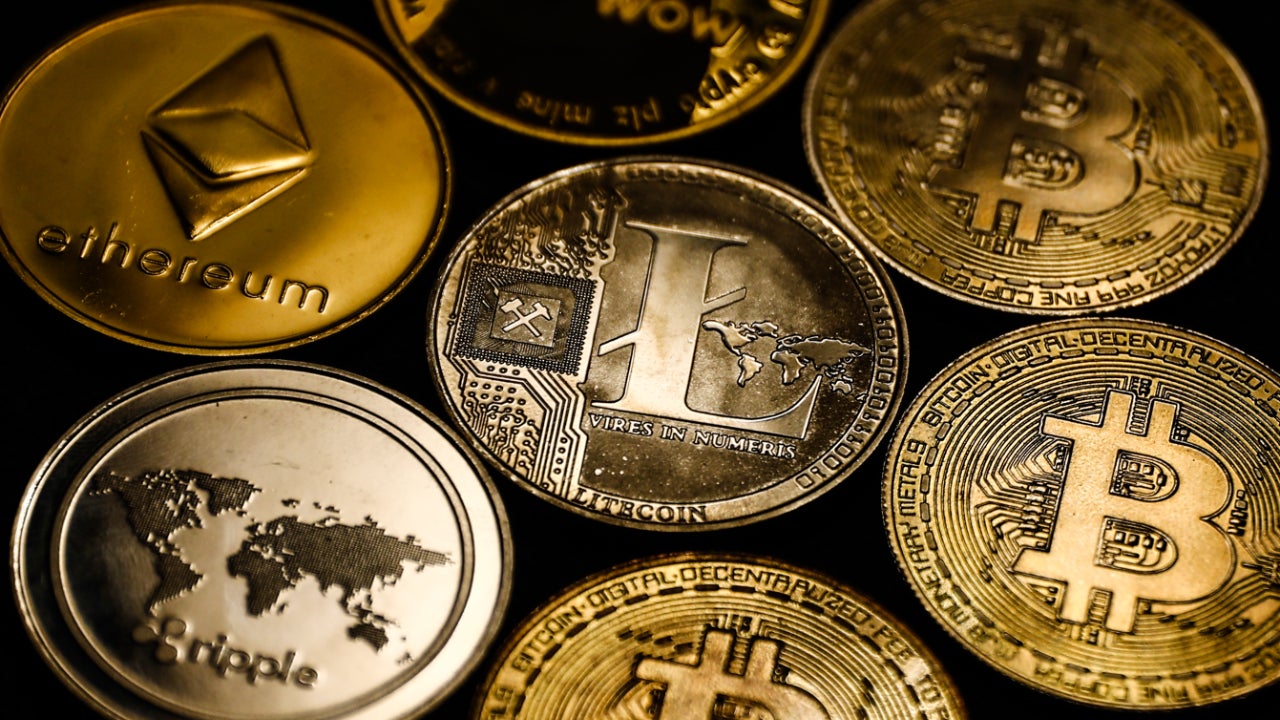What stages has the currency circle gone through?
- 全网都在看Original
- 2024-04-18 16:07:521140browse
The currency circle has gone through a budding period, a period of rapid growth, a period of bubble bursting, a period of recovery and a period of institutionalization. From its inception to institutionalization, the currency circle has gradually developed into an asset class recognized by traditional financial institutions and enterprises.

The development stages of the currency circle
The development of the currency circle has gone through the following main stages:
1. Embryonic period (2009-2013):
- The birth of Bitcoin in 2009 marked the beginning of the cryptocurrency era.
- This stage is mainly dominated by Bitcoin, and the market size is small.
2. Rapid growth period (2013-2017):
- A large number of cryptocurrency projects emerged, and the market scale expanded rapidly.
- The bull market peaked in 2017, with Bitcoin prices topping $20,000.
3. Bubble burst period (2018-2019):
- The market experienced a sharp correction and cryptocurrency prices plummeted.
- Many speculative projects failed and market sentiment was depressed.
4. Recovery period (2020-2021):
- Stimulated by factors such as the epidemic and institutional investment, the market began to recover.
- Multiple cryptocurrencies broke through previous highs, and market sentiment recovered.
5. Institutionalization stage (2022 to present):
- Traditional financial institutions and enterprises have begun to enter the currency circle and promote the institutionalization of the market.
- Market volatility is gradually calming down, and cryptocurrencies are being viewed as a new asset class.
The above is the detailed content of What stages has the currency circle gone through?. For more information, please follow other related articles on the PHP Chinese website!
Related articles
See more- How to use PHP to develop applications using the Bitcoin Coinbase wallet library (detailed steps)
- What does CZ mean? Who is CZ often mentioned in the currency circle?
- What are the platforms for buying Bitcoin? List of the top ten Bitcoin trading platforms!
- What are the legal virtual currency platforms in China? Virtual Bitcoin Trading Platform
- What does coin circle mean?

